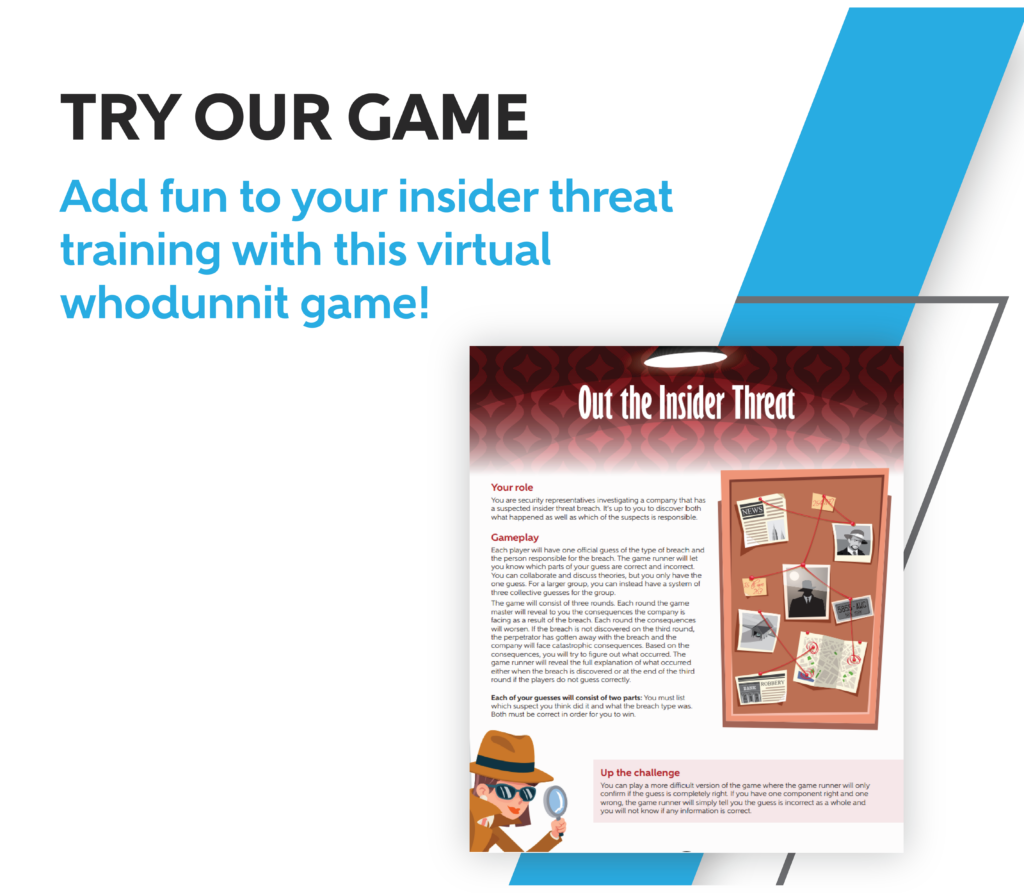Know what personal information is OK to give away and what to protect
When it comes to your Personal Identifiable Information (PII) like your birthdate, address, or driver’s license number, managing what you give out and when is crucial. For those holding a Personnel Clearance (PCL), protecting this information can be even more vital, especially when it comes to sharing information related to your work. When sharing information like your Social Security Number (SSN), it’s necessary to maintain good practices to protect your information.
At Work

In the course of your employment, you may need to share documents that contain PII both within your company and with government organizations. While having to share your PII will be a requirement in some cases, there are steps you can take to protect your information against potential malicious attempts to steal it.
Whenever possible, give pieces of PII like your SSN, birthdate or address only over the phone rather than leaving a digital trail. If your PII is included in an email and your company email servers are hacked, your information is at risk. If someone needs your PII as part of a document, you can send them the rest of the document filled out and deliver the final piece over the phone, allowing them to fill it in.
If you need to include your PII in a document you’re sending online, there are a few steps you can take to keep it protected. Make sure to never send it in an email by itself. Instead, send the document as an attachment and password protect it. You should also send the password to the document in a separate email. That way, if emails are hacked, there’s still an extra step protecting your PII.
While Networking
Modern professional networking requires a certain amount of an online presence, especially on the networking social media platform LinkedIn or job-hunting sites like Indeed. These rely on users sharing their place of business, resumes, skills, and other things that could be potentially more than you’d want to share, so if you’re going to be networking online, you’ll need to strike a balance.
On most social media, you want to avoid any mention of where you work and even avoid posting photos in which you’re wearing company clothing. On LinkedIn, however, sharing where you work is a key feature of the site, and this can be an exception to the rule. You can also upload your resume to this and other job sites. However, it’s important to leave off any mentions of any security clearances you hold as well as other PII like your home address that may commonly be on your resume.
You can insinuate the clearances or position you hold rather than outright saying it in your job description. Phrases like “FSO Certified” may let other industry members know what you do without raising flags to those with malicious intent. This is true both on networking and job-hunting websites, except for sites like Clearance Jobs, which requires that you’ve held a job with a security clearance in the last two years in order to join.
Whenever you’re using social media, be wary of strangers who seem particularly interested in you and ask a lot of questions, even while networking. Connections you make while networking don’t need to know details about your personal life, and if they keep asking for PII, it’s time to distance yourself.
Test your PII knowledge with our PII crossword, or put up our comic-book-style poster in your office to remind everyone to protect their PII online! And for more information on how Adamo can help you raise your company’s security acumen, contact us.




